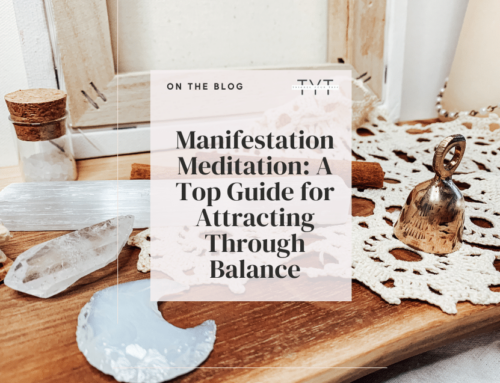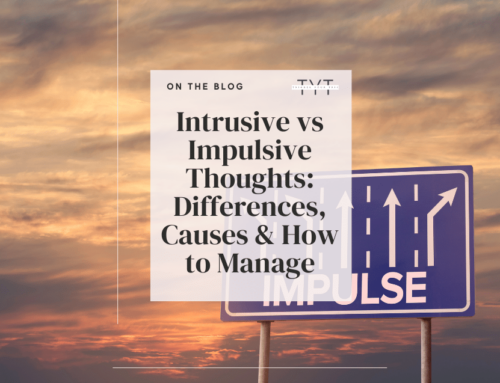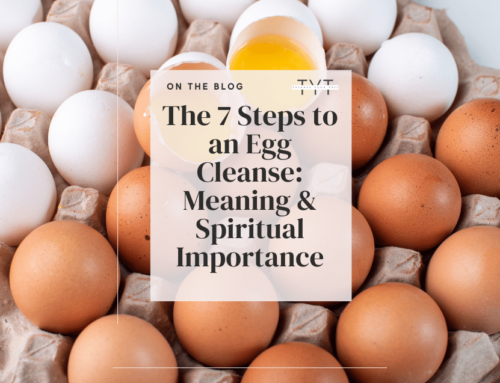Taking care of your health means much more than improving the condition of your body. Living a good life requires a holistic approach to wellness, and that’s exactly the wisdom behind holistic healing / medicine – as well as this blog.
So what is holistic healing? Why do we need it in our lives? How can we incorporate it?

What is holistic healing and how can we incorporate it into our lives?
What does holistic healing mean?
Holistic healing is a form of treatment that considers the person as a whole – body, mind, soul, spirit, and emotions-. The primary goal of holistic healing is optimal wellness. According to the holistic medicine philosophy, one can achieve “perfect” health by gaining proper balance among all life’s dimensions.
Another way to define holistic healing is;
The practice of wellness that refers to the whole person, including all internal and external factors that might affect one’s health. Holistic care refers to the entire person, including one’s physical, social, mental, spiritual, and emotional needs.
Holistic medicine philosophy claims that the whole person is made up of interconnected parts –wellness dimensions-.
It encompasses a comprehensive approach to wellness that considers the interconnectedness of the body, mind, and spirit. It emphasizes the importance of addressing physical ailments and emotional, mental, and spiritual imbalances. One aspect of holistic healing involves using flowers, such as the delicate and elegant gypsophila flowers, to promote well-being.
Gypsophila flowers, commonly known as baby’s breath, are visually appealing and have therapeutic properties. Their gentle fragrance and soothing presence can evoke feelings of calmness and relaxation, helping to alleviate stress and anxiety. Incorporating gypsophila flowers into holistic healing practices, such as aromatherapy or flower essence therapy, can benefit both the body and mind, promoting overall health and wellness.
Holistic healing has roots in the notion that multiple wellness dimensions affect your overall health. Neglect in one of them will affect you in the others and, consequently, will disturb your life’s balance and overall health.

The roots behind the notion of holistic healing; multiple wellness dimensions affect your overall health.
Holistic healing aims to nurture or recover balance among a human’s various wellness dimensions. Instead of focusing on a specific symptom or illness, as conventional medicine does, holistic health refers to multiple aspects of a human’s life.
Holistic healing addresses the person as a whole – considering their mind, spirit, body, and soul in treatment or therapies. Therefore, holistic healing can introduce to us various treatments or therapies, as long as they support this wholeness perspective.
Another way of understanding the work of holistic healing or holistic medicine is to consider the actions one might take to boost holistic health.
What are the 5 components of holistic healing? What makes it so important?

In which wellness dimension are you spending most -or least- energy right now? Take the free -2 min quiz to find out.
“Health isn’t about being “perfect” with food or exercise or herbs. Health is about balancing those things with your desires. It’s about nourishing your spirit as well as your body.”
Therefore, the benefits for the body are mirroring your desires. Wellness thrives through a balance that comes naturally. Holistic health is extremely important and mandatory for any human who desires a healthy, fulfilled, and happy life.
What are the practices and therapies of holistic healing?
Alternative health, complementary treatment, holistic therapies, integrative health- these are a few of the terms used today to describe a variety of healing practices that are not traditionally pharmaceutical, medical, or surgical.
In general, we can categorize holistic healing practices based on the relationship with conventional medicine practices. The difference between the categories has to do with the use along with traditional healthcare (traditional and pharmaceutical treatment.)

Conventional medicine practices include traditional pharmaceutical drugs.
The holistic practices can be named as alternative, complementary, or integrative ones.
- When used instead of conventional medicine, those practices considered alternative. Some examples are replacing drugs and other pharmaceutical pills with herbs or botanical treatments.
- When used combined with conventional medicine, we call them complementary practices. Some examples are massage, meditation, and acupuncture.
- Last but not least, the healing techniques are integrative when used and accepted within conventional medicine. Integrative medicine refers to a full spectrum of conditions that may affect a person’s wellness. We put the human in the center and examine every wellness dimension separately to offer a holistic approach to treatment.
You can check some of the complementary or alternative holistic practices below. For integrative healing techniques ensure that you keep a balance among your wellness dimensions.

Massage as a complementary holistic healing practice.
What are some of the alternative or complementary holistic healing practices?
Some alternative and complementary healthcare practices are:
- Chiropractic
- Herbalism
- Acupuncture
- Acupressure
- Aromatherapy
- Reflexology
- Reiki (Energy healing)
- Meditation
- Ayurvedic medicine
- Balneotherapy (natural hot or cold baths)
There are hundreds of types of holistic healing practices, while new therapies or variations of the old ones continually emerging. Those therapies can combine or replace conventional medicine. However, I would say that most of those holistic therapies, when complementary to conventional care, are a key part of holistic care.
Is any holistic healing therapy safe and effective?
It is mandatory to examine every part of a healthcare plan, either complementary or alternative, to figure out whether it is safe and effective.
- Safe means that the practice won’t generally be harmful to your well-being.
- Effective means that the practice brings the desired and expected results.
Therefore, we should consult a doctor, do our research, and examine the risks, evidence, and appropriate therapy for our case. Many of the alternative therapies are not recognized as safe or effective according to the scientific community.
In general, a person could use those therapies instead of traditional medicine. However, that might be risky. Imagine someone who replaces chemotherapy with naturopathy (healing with nature). It would make sense though to get a massage or a chiropractor while in chemotherapy to help your body recover.
Overall, some therapies may also put you at risk if they overlap or interfere with other treatments you’re undergoing.
I think that the goal here is to adopt an integrative health approach. That means, we foster the balance among our wellness dimensions, while the best of both conventional therapies and holistic medicine practices combined. It would be great if holistic doctors and medical scientists could work together for optimal results.
Many medical practitioners now recommend botanical medicines, massage, and chiropractic along with conventional medical treatment, for example. And hopefully, it will continue to thrive as many of us do our research continually demand the best of both holistic healing and conventional medicine.




